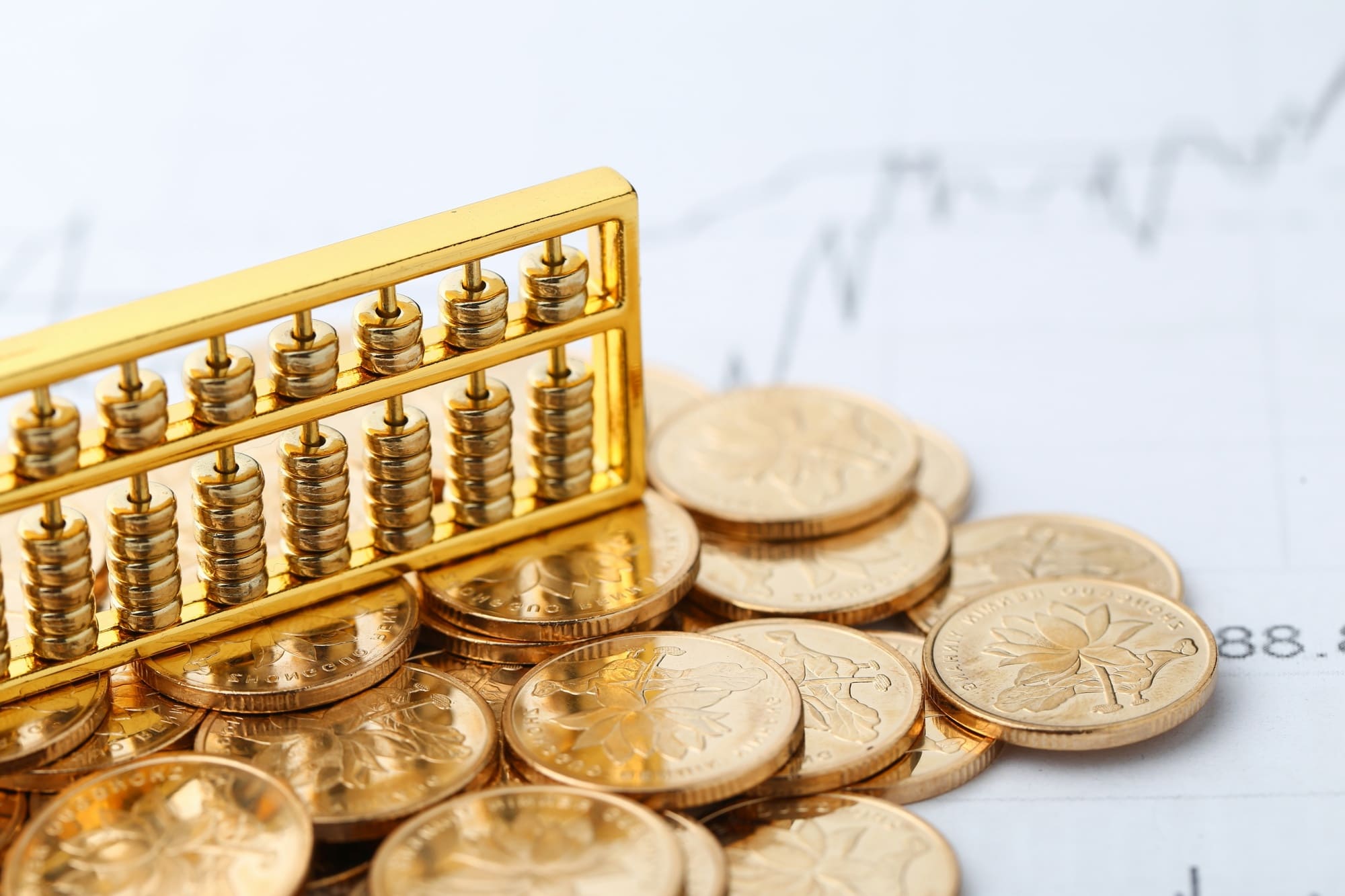Introduction
Gold has fascinated investors for centuries with its timeless beauty and reliable financial security. As a physical asset, gold has managed to retain its appeal through various economic climates, making it a popular choice for those seeking to diversify their investment portfolios. From gold bars and coins to jewelry and digital gold, the spectrum of investment options in this precious metal is vast and varied.
This guide will offer valuable insights into making smart gold investments. We’ll dive into fundamental market analysis, compare gold with other precious metals, explore the impact of technology on gold investing, and consider ethical implications. By the end, you’ll be well-equipped to make informed decisions about buying gold.
Fundamental Analysis of the Gold Market
Gold holds a unique position as both a financial asset and a commodity. Its historical ability to preserve value over time makes it a popular choice during periods of high inflation and political instability. Since the early 19th century, when the UK began backing its currency with gold, the gold market has evolved significantly.
Today, major gold-producing countries include China, Australia, the US, and Russia. The London Bullion Market Association (LBMA) serves as the central hub for global physical gold trading, with other significant markets in Zurich, Shanghai, and Hong Kong. Gold derivatives are actively traded on exchanges such as the COMEX Division of the CME Group and the Shanghai Futures Exchange.
Gold’s role as a safe haven is evident during economic uncertainties. For example, during the European sovereign debt crisis of 2011-2012, gold prices soared from USD 1,200 per ounce to USD 1,900 per ounce, showcasing its potential to perform well amid market downturns.
Comparing Gold to Other Precious Metals
Gold is often compared with other precious metals like silver, platinum, and palladium. While each metal has its own investment characteristics, gold stands out due to its stability and long-term performance.
Gold has demonstrated more stability than silver, which is known for its higher volatility. For instance, over the past 15 years, an investment of INR 418,828.52 in gold would have appreciated to INR 792,591.09, an increase of 89%. Conversely, an equivalent investment in silver would have only grown to INR 423,184.34, representing a mere 1% increase.
Technology and Gold Investing
Advancements in technology have transformed gold investing, making it more accessible and efficient. Blockchain technology, for example, has introduced gold-backed cryptocurrencies, which offer enhanced transparency, digitalization, and transferability. These digital tokens represent real gold value and can be traded across various platforms seamlessly. Additionally, blockchain technology improves supply chain management by tracking every stage of gold production and distribution.
Digital gold investments have surged, especially post-pandemic, with a 70% growth in India. Platforms like Jupiter Money, MMTC-PAMP, and Google Pay now offer digital gold investments, enabling users to buy, sell, and convert digital gold to physical gold. These platforms enhance security and accessibility for retail investors.
Ethical Considerations in Gold Investing
Ethical considerations are increasingly important in gold investing. The gold mining industry significantly impacts both the environment and local communities. While responsible mining can contribute to socio-economic development by creating jobs and generating tax revenues, it can also lead to environmental damage and human rights abuses.
The World Gold Council’s Responsible Gold Mining Principles aim to address these issues. Investors can choose to support ethical practices by considering the Conflict-Free Gold Standard, which ensures gold is sourced without supporting armed conflict or human rights violations. Fairtrade Gold certification offers an alternative by supporting small-scale miners and promoting environmental protection.
Conclusion
Gold investing offers a blend of stability and growth potential within a diverse financial landscape. Its role as a wealth-preserving asset during economic downturns and its superior performance compared to other precious metals make it a compelling choice. The evolution of technology has made gold investing more accessible and convenient, while ethical considerations ensure that investments can align with personal values.
As the gold market continues to evolve, staying informed about market trends, technological advancements, and ethical practices will help you make smart investment decisions. By considering these factors, you can confidently navigate the world of gold buying and potentially benefit from this enduring investment.
FAQs
What are the most effective ways to invest in gold?
Effective ways to invest in gold include gold-oriented mutual funds and ETFs, which offer simplicity and safety. Direct investment in physical gold through bullion (bars and coins) is also a popular option for those seeking direct exposure to gold prices.
Is purchasing gold a wise decision?
Gold is considered a wise investment due to its ability to diversify portfolios, act as a hedge against inflation, and provide protection during economic downturns. Its historical stability and status as a safe haven asset make it particularly attractive during market volatility.
Which gold products are recommended for investment purposes?
For physical gold investments, it is crucial to select products from reputable manufacturers. Recommended brands include PAMP Suisse, The Perth Mint, Valcambi Suisse, The Royal Canadian Mint, and Credit Suisse.
What options are available for investing in gold?
Investors can choose from several options: purchasing physical gold, investing in mutual funds or ETFs that track gold prices, or participating in futures and options trading on commodities markets.
